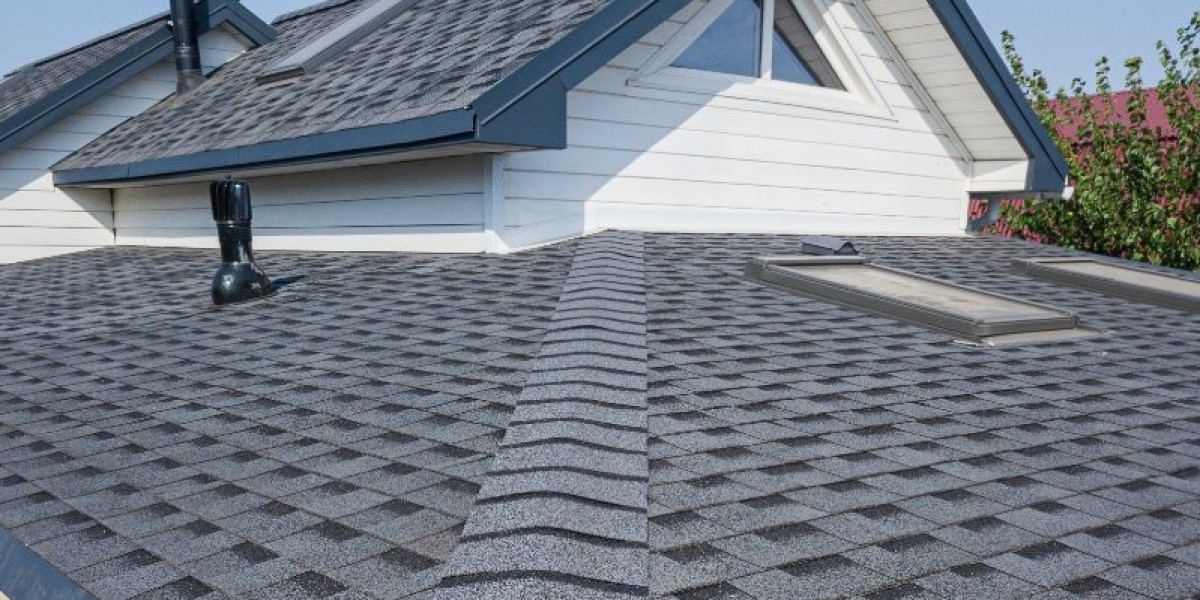When it comes to home building and construction, roofing is among the most important parts of any building. A roof in good condition not only appeals to the eye but also keeps off any harsh terrain that may come across your compound. Whether you're looking to repair or replace your roof, finding the right Roofing companies near me can be daunting.
1. Start with Research
Before diving into hiring a roofing contractor, invest some time in thorough research.
Online Searches: Use a search engine to find the roofers within your region who have been recommended by other users. Some of the most convenient sources are Google, Yelp, and the Better Business Bureau (BBB).
Ask for Recommendations: Word of mouth is also very effective because friends, relatives and neighbors can be relied upon to make good referrals.
Check Social Media. For example, many communities on platforms like Facebook or Nextdoor have their own recommendations of local services.
2. Check Credentials
Roof Repair Leesburg VA, is a dedicated field, and it’s crucial to ensure that the contractor you’re seeing is skilled.
Licensing: A license also assists the roofer by enabling him/her to understand the legal requirements of construction within the region and the regulations that should be observed.
Insurance: Always hire a roofer with comprehensive insurance. They should have liability insurance to protect your property and worker’s compensation in case of accidents on their premises.
Certifications: Some roofers are certified by roofing material manufacturers, which can be an added assurance of their expertise.
3. Review Experience and Expertise
Roofing requires specialized skills, and hiring a contractor with experience in your type of project is crucial.
Years in Business: An experienced roofer will have a proven track record. Contractors with years of experience are more likely to provide high-quality work.
Specialization: Some roofing companies specialize in specific roofing materials (asphalt, metal, tile, etc.). Ensure the contractor is skilled in working with the material of your choice.
Previous Work: Ask for a portfolio or examples of their previous projects, especially homes similar to yours.
4. Get Multiple Quotes
Price is essential, but it shouldn’t be the only consideration.
Request Detailed Estimates: Get at least three estimates from different roofing contractors. The quotes should detail labor costs, materials, timeframes, and other expenses.
Compare Value, Not Just Price: The cheapest option isn’t always the best. Weigh factors like the quality of materials, the roofer’s experience, warranty options, and the cost.
Watch for Red Flags: Beware of unusually low bids, which might indicate substandard materials or a lack of experience.
5. Ask About Warranties
Roofing work should come with warranties that protect both labor and materials.
Manufacturer’s Warranty: This covers the materials used in the roofing project. Ask how long the warranty lasts and what it covers.
Workmanship Warranty: A reputable roofer will offer a workmanship warranty, which guarantees their labor for a certain period.
Clarify Terms: Ensure you fully understand the terms of both warranties, including any exclusions or conditions.
6. Ensure Clear Communication
A roofer that maintains clear communication from the start is more likely to deliver quality results.
Initial Consultation: During your first meeting, evaluate how responsive and attentive the roofer is. A good contractor will answer your questions thoroughly.
Contract: Ensure all details are clearly outlined in the contract. It should include the scope of work, payment schedule, timeline, and warranty details.
Progress Updates: Ask how the roofer plans to keep you updated throughout the project. Regular updates help avoid misunderstandings and ensure that the project stays on track.
7. Verify Permits and Codes
Roofing projects often require permits, and these vary by location. Ensure that your roofer:
Handles the Permits: The contractor should be responsible for obtaining any necessary permits. Failure to do so can result in fines or delays.
Follows Local Building Codes: Roofing contractors must comply with local building regulations. Confirm that the roofer is familiar with and adheres to these codes.
8. Look for Local Roofing Contractors
Hiring a local contractor has several benefits.
Knowledge of Local Climate: A roofer will understand how your region’s weather conditions (wind, snow, rain, heat) affect roofing materials and performance.
Familiarity with Local Codes: Local contractors are more likely to know specific building codes and permitting requirements in your area.
Easier Follow-up: In case of any issues post-installation, local contractors are easier to contact for follow-up services.
9. Evaluate the Cleanup Process
Roofing company Fairfax County work can create a significant mess, and clarifying the cleanup expectations is essential.
Debris Removal: Ensure that your roofing contractor includes debris removal in their contract. They should leave your property as clean as it was before the project.
Post-Installation Inspection: A final walkthrough or inspection will allow you to verify that everything has been cleaned up and the roof has been installed correctly.
10. Trust Your Instincts
Finally, trust your gut. If you feel something is off during your interactions with a roofing contractor, it’s okay to walk away.
Professionalism: Does the roofer appear professional, punctual, and organized? Do they communicate effectively and treat you with respect?
Transparency: A trustworthy roofer will be upfront about pricing, timelines, and potential challenges. If a contractor is evasive or makes promises that seem too good to be true, consider that a red flag.









